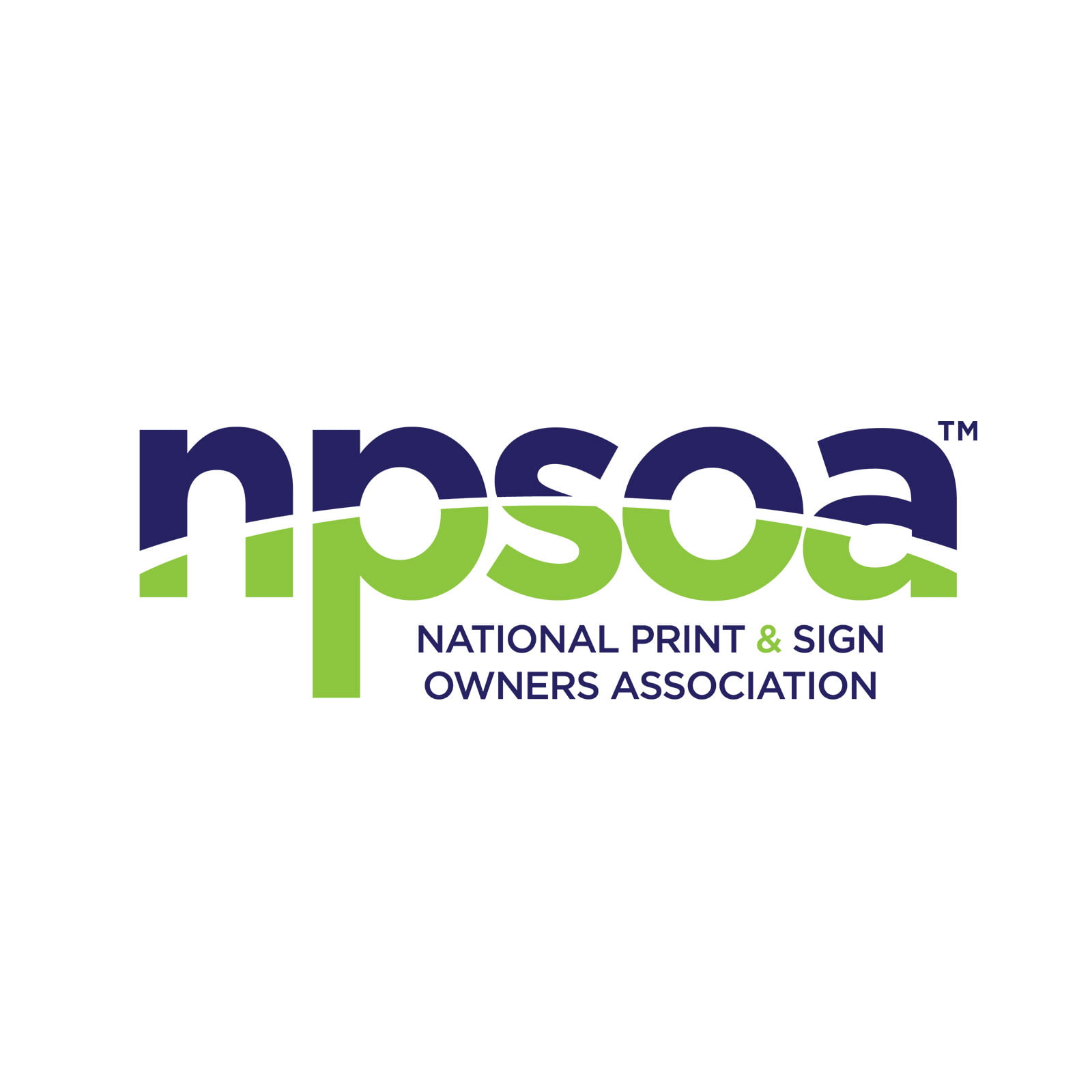If it’s an uncomfortable feeling you’re looking for, look no further than the, “Your account is overdue” call. For a salesperson, this is second only to the, “We screwed up your job” call.
The latter is hard because it seems more personal. The former is not your fault and isn’t even your department but, still, you just know you’re going to get yelled at, and you think:
“I shouldn’t have to do this.”
“This isn’t part of sales.”
“Can we just let it go a little bit further?”
If the job of sales was posted online, making the collections call would be in the fine print way down to the bottom. It is universally hated. While I can’t make it any easier, I can offer a bit of advice:
• For new accounts, make certain you call no later than one day after your stated terms. In soccer, the defending team measures the distance of the opposing goalies first kick. Now they know how far to stand and wait for the ball. Customers are like that, too. Some will test you and find out how long it takes before you call them. Call early they know you’re just not having it. So, if your terms are Net 30, call on Day 31;
• There is no way to sugarcoat this conversation. You need to go right down Main Street: “I’ve been asked to call and find out when we can expect payment.” Believe it or not, the customer will understand. If you’re lucky, a check will be forthcoming, either in the mail or you can go pick it up. Beyond that, you’ll need to determine the validity of their response and respond accordingly;
• The real fun comes when the customer wants to place another order despite being overdue. As a sales rep, you want the business (and the commission). However, as a representative of the company, you need to follow the instructions of the Accounting department or your boss.
Be firm.
Be professional.
Be direct.
Be the ball, Danny.
“This is my favorite call to make,” said no sales person ever. It is, however, a part of the job. I will close this blog is one of the better things to say in the situation:
“It’s important we get your account settled and keep to the agreed-upon financial terms. My goal is to do business with you for years to come and when you call me with a rush need, I don’t want to let this issue prevent me from servicing that need.”
Remember, a good vendor is as important as a good customer. But customer has responsibility to keep their end of the bargain up, too.





















